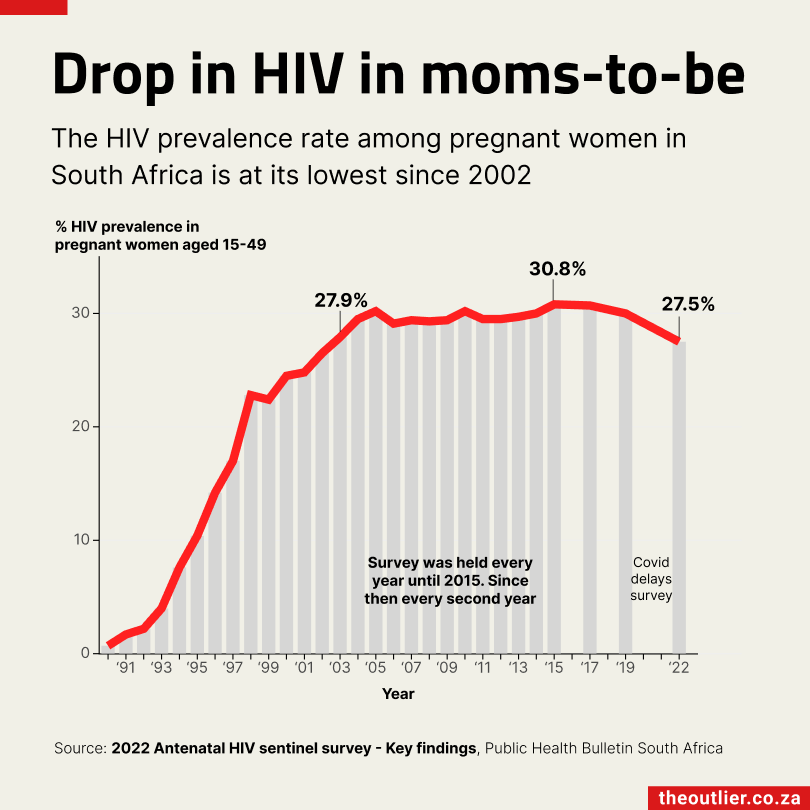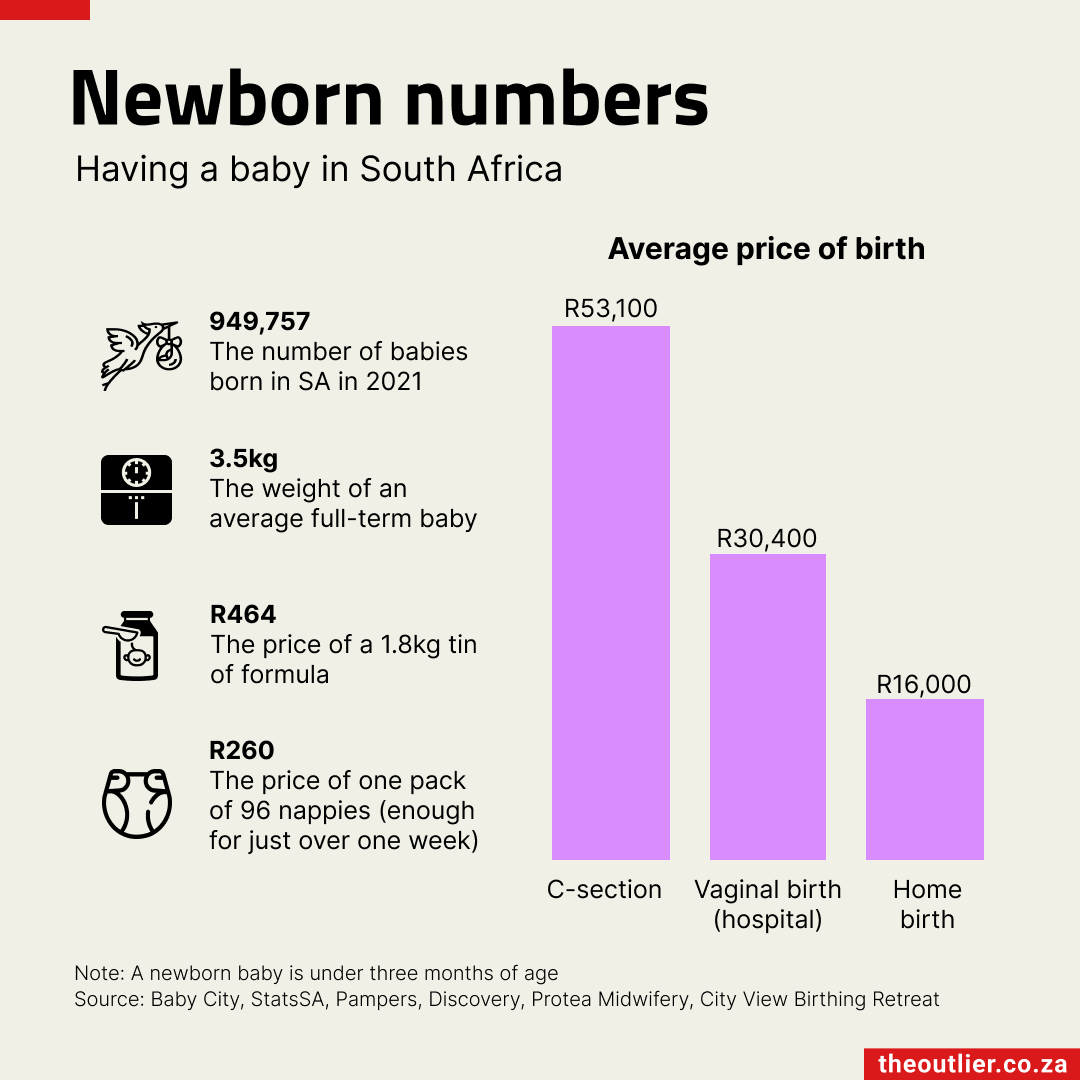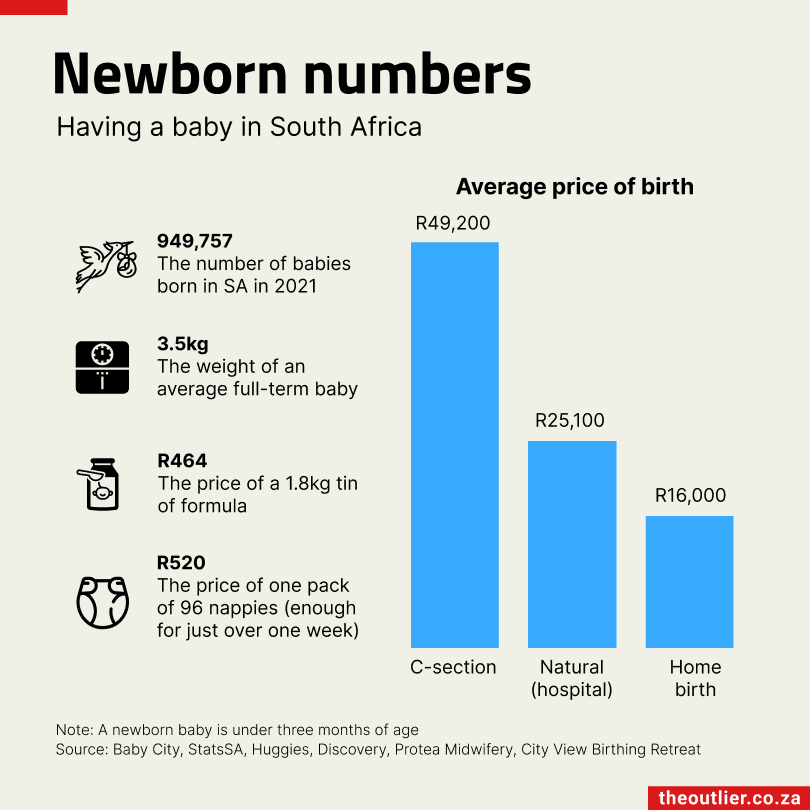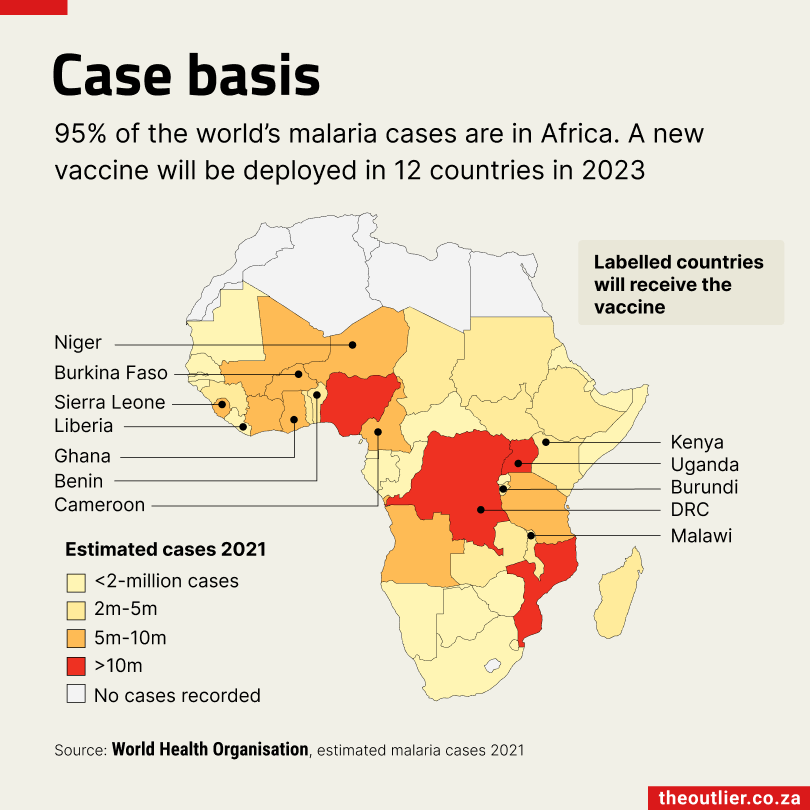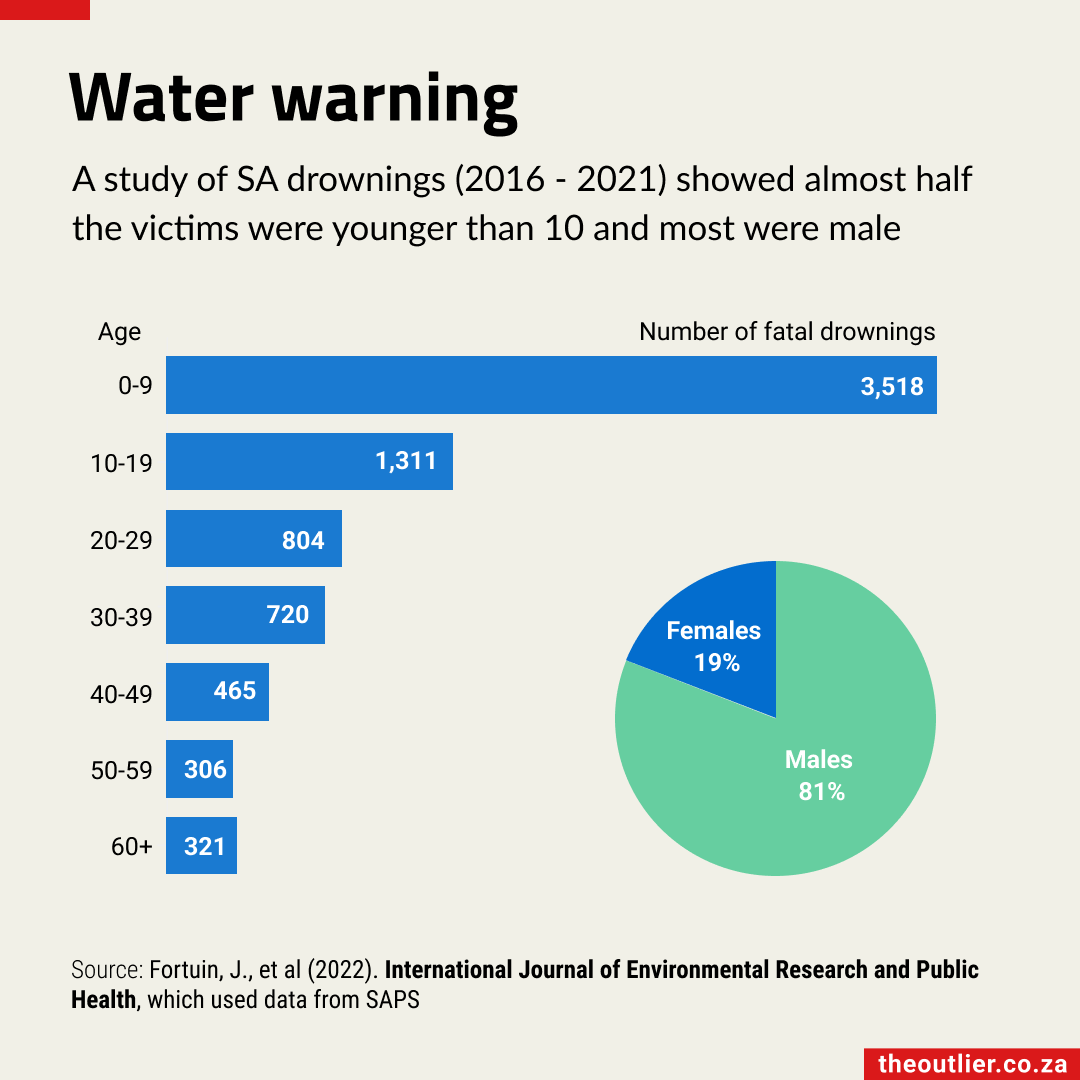Malaria vaccine finally to be deployed in Africa after 35 years
An initial 18-million doses of the first malaria vaccine have been assigned to 12 of the countries where malaria exacts a high toll.
Photo: Annie Spratt/Unsplash
- Malaria is one of Africa’s deadliest diseases, killing nearly 620,000 people every year. 76% of those deaths are children under the age of five
- 18-million doses of the world’s first malaria vaccine will be rolled out in 12 countries in Africa from the end of 2023
- A vaccine has been in development since the mid-1980s. The RTS,S was approved by the World Health Organization in 2021
Thirty-five years after it was first identified, a vaccine against malaria is to be deployed to 12 countries in Africa that are considered among those that carry the heaviest burden of the disease.

Why it matters
Malaria is a mosquito-borne disease. Despite being treatable, malaria is one of Africa’s deadliest diseases. It kills nearly 500,000 children under the age of five every year. ‘Nearly every minute, a child under 5 years old dies of malaria,’ Unicef’s associate director of immunisation Ephrem Lemango said in a statement.
According to the World Health Organization’s latest malaria report, in 2021:
- 95% of the world’s 247-million malaria cases and 96% of deaths occurred in Africa
- An estimated 619,000 people died from the disease
- About 76% of those deaths were children under the age of 5

Some African countries carry a particularly heavy burden of malaria:
- Four countries account for almost half of all cases: Nigeria (26.6%), the Democratic Republic of Congo (12.3%), Uganda (5.1%) and Mozambique (4.1%)
- Four African countries accounted for just over half of all malaria deaths worldwide: Nigeria (31.3%), the Democratic Republic of the Congo (12.6%), Tanzania (4.1%) and Niger (3.9%)

What is being done
The vaccine, known as RTS,S, was approved by the WHO in 2021. It is not a cure for malaria, but it can help to prevent severe malaria cases and deaths.
Trials in Ghana, Kenya and Malawi between 2019 and 2021 found that there was a 30% reduction in severe malaria infections and a 10% decline in deaths among fully vaccinated children – that is, those who have received four doses.
An initial allocation of 18-million doses will be sent to the three trial countries as well as to Benin, Burkina Faso, Burundi, Cameroon, the Democratic Republic of the Congo, Liberia, Niger, Sierra Leone and Uganda.
The WHO, Unicef and Gavi, an organisation promoting vaccination, said they had prioritised ‘areas of highest need, where the risk of malaria illness and death among children are highest’.
Deliveries will start at the end of 2023 and the vaccine would be deployed over two years.
Nigeria’s exclusion
Nigeria accounted for 38.4% of global malaria deaths in children younger than 5 in 2021, but is not receiving any doses of the RTS,S vaccine in the WHO’s first allocation. The reasons for this include:
- Nigeria missed the WHO deadline: The country missed the January deadline for the second allocation window
- High levels of vaccine hesitancy: A lack of trust in vaccines has impeded previous campaigns in the country
A Gavi spokeperson told The Outlier that Nigeria had applied in its April window and that it would be moving forward ‘at full speed’ to ensure Nigeria received stock ‘as soon as it is available’.
Why it has taken so long
The first malaria vaccine trials were conducted in the Gambia in the early 1980s. The RTS,S was developed in 2009, and was only approved for widespread use in 2021.
Researchers say there are many reasons for the slow pace of development, including:
- Complexity of the parasite: Malaria is caused by Plasmodium, a parasite with a complex, multistage life cycle. Understanding the biology of the parasite and identifying suitable targets for a vaccine proved to be a formidable scientific challenge. The RTS,S is the world’s first anti-parasite vaccine.
- Lack of urgency and funding. The people who are affected by malaria, ‘they’re not Europeans, they’re not Australians, they are poor African children,’ Ashley Birkett, director of the malaria vaccine initiative at PATH, a non-profit global health organisation, told science magazine Undark. ‘Unfortunately, I think we have to accept that that is part of the reason for the lack of urgency in the community.’

What’s next
At least 28 African countries have expressed an interest in the new vaccine and demand is expected to reach 40- to 60-million doses a year by 2026, the WHO said.
There is a sizable gap between supply and demand. But other vaccines are being developed:
- The R21, developed by Oxford University, is under review by the WHO. Small-scale trials suggest a higher efficacy rate of 77%. Nigeria and Ghana have reportedly approved the R21
- An early-stage mRNA malaria vaccine is being developed by BioNtech, a German pharma firm
Notebook
- The WHO’s key facts about malaria
- The WHO’s World Malaria Report 2022
- Undark magazine: Why it took 35 years to get a malaria vaccine
- Explore: Our World in Data’s interactive malaria charts

